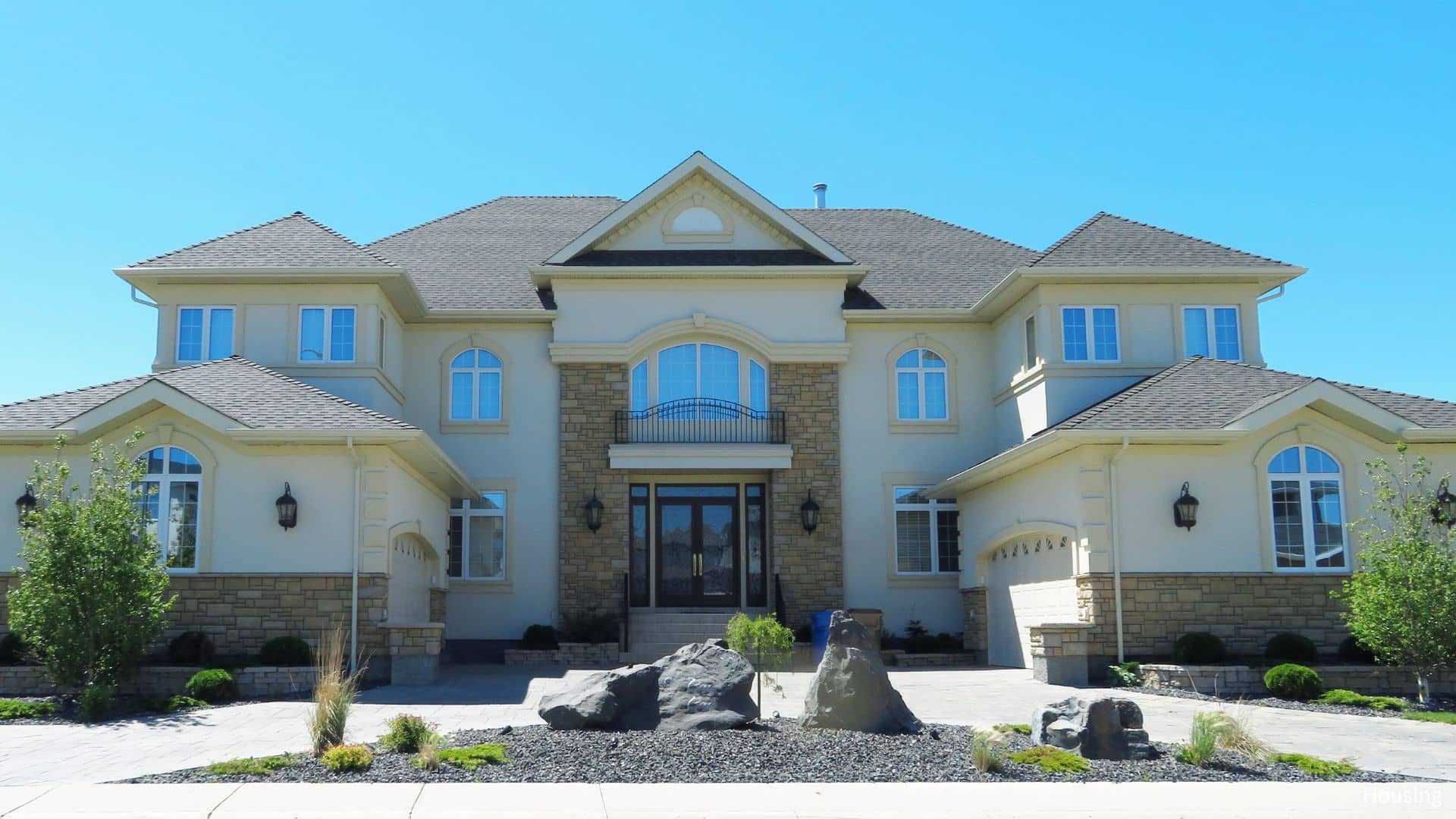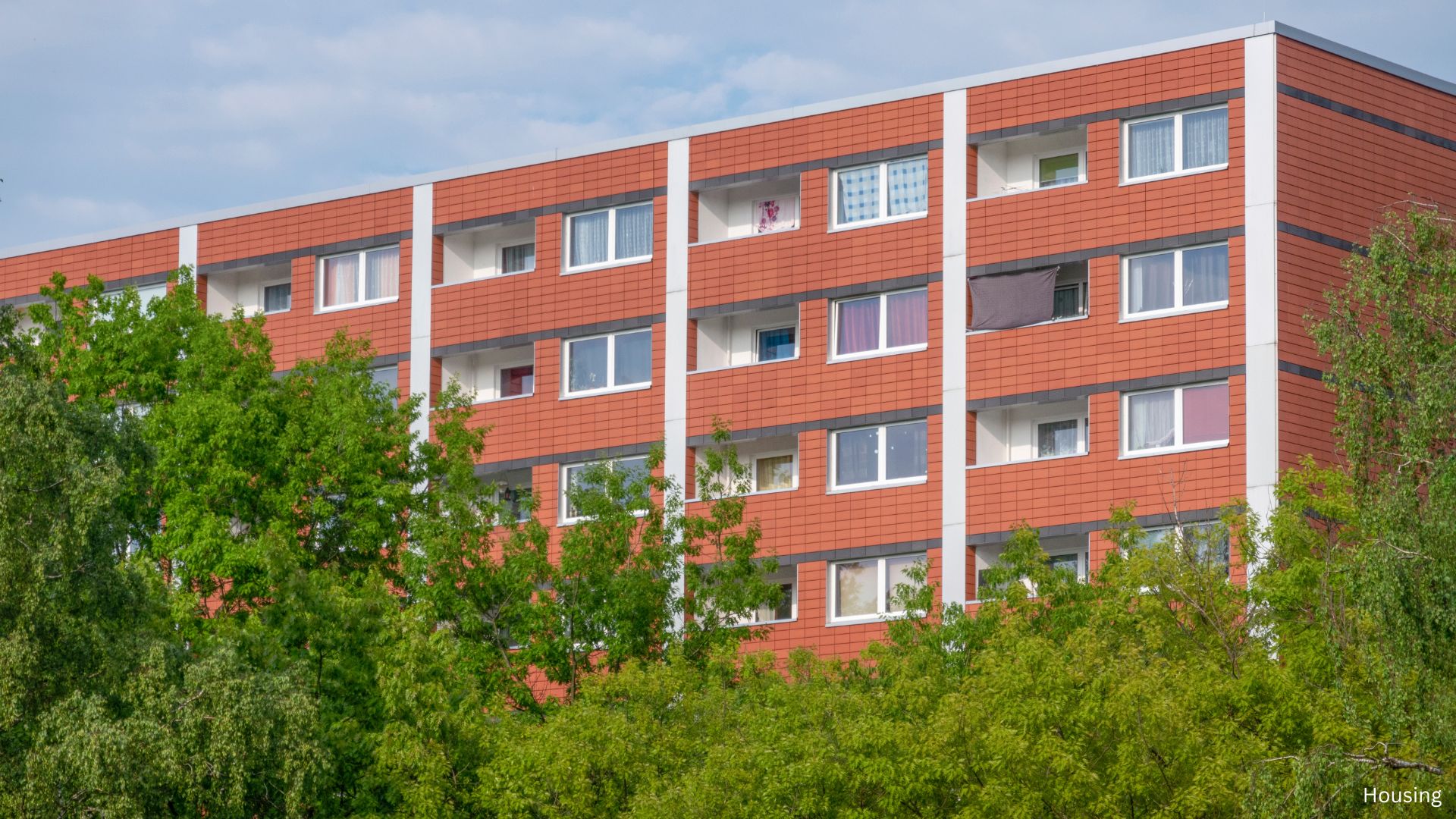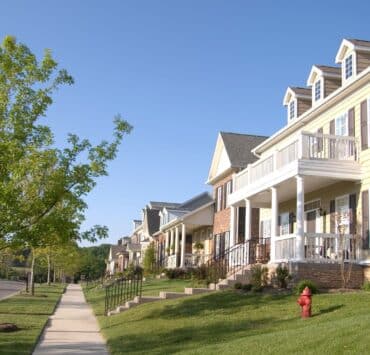The mansion tax is making waves as a possible fix for LA’s housing crisis, with $100 million from Measure ULA funds potentially going toward social housing. This bold plan could give tenants the chance to buy and collectively run their apartment buildings, offering a fresh, community-driven take on homeownership in a city where affordable housing is tough to come by.

What is the Mansion Tax?
Approved by voters in 2022, Measure ULA imposes a real estate transfer tax on property sales above $5.1 million, generating significant revenue for affordable housing and homelessness prevention. Initially expected to bring in up to $1.1 billion annually, the tax has collected approximately $375 million so far. While earlier allocations funded emergency rental assistance and affordable housing projects, this year’s proposal focuses heavily on social housing, setting aside $100 million for tenant-run multifamily properties.

Social Housing: A New Vision for Tenants
Social housing, as proposed, empowers tenants by allowing them to collectively purchase and govern their apartment buildings. Laura Raymond, director of Act-LA and co-chair of the ULA campaign, emphasized the benefits of this model. Speaking to The Los Angeles Times, she noted, “Social housing will be a way for low and middle-income people to own their homes or at least collectively govern them, giving them a feeling of control and autonomy that renters currently lack.”
Under this plan, tenants could decide key aspects of property management, including rent levels, repair priorities, and even policies on pet ownership. This sense of collective governance aligns with broader goals of housing security and tenant empowerment, particularly for those priced out of Los Angeles’ real estate market.

Breaking Down the Allocation
The $160 million spending proposal under Measure ULA dedicates $100 million to social housing programs, with additional funds earmarked for:
- Interest-free loans: Over $11 million will support first-time, lower-income homebuyers.
- Homelessness prevention: $30 million will fund initiatives such as income support payments for seniors and individuals with disabilities.
- Tenant protection: Millions will be allocated to eviction defense and anti-harassment measures.
These initiatives collectively aim to create a safety net for vulnerable residents while exploring innovative housing solutions.
Challenges Facing the Mansion Tax
Despite its promise, the mansion tax faces ongoing legal and political challenges. Opponents, including the Howard Jarvis Taxpayers Association, argue the tax is unconstitutional, continuing their battle in state and federal courts. Additionally, a state ballot initiative that could have repealed the tax was blocked by the California Supreme Court earlier this year.
While these hurdles remain, progressive members of the LA City Council, including Nithya Raman, Eunisses Hernandez, and Marqueece Harris-Dawson, are pushing for the proposal’s approval, citing its potential to reshape the city’s housing landscape.
A Step Toward Housing Equity
The mansion tax represents a bold attempt to address housing inequities in Los Angeles. By channeling funds into social housing and other tenant-focused initiatives, it seeks to redefine what affordable housing can look like in one of the nation’s most expensive cities. As the City Council deliberates, this plan offers hope for a more inclusive and sustainable housing model.
For more details on this initiative, see the comprehensive coverage by The Real Deal.
Related posts:
 September Pending Home Sales See Biggest Increase Since 2023
September Pending Home Sales See Biggest Increase Since 2023
 Presidential Housing Policy: A Vision for Affordable and Accessible Housing in the U.S.
Presidential Housing Policy: A Vision for Affordable and Accessible Housing in the U.S.
 Homes With Low Natural Disaster Risk Are Rising in Value Faster Than High-Risk Properties
Homes With Low Natural Disaster Risk Are Rising in Value Faster Than High-Risk Properties
 2024 Election Impact on the Housing Market
2024 Election Impact on the Housing Market
 How Renters Afford Rent: Strategies Amid Rising Costs
How Renters Afford Rent: Strategies Amid Rising Costs



